What is a Bail Bondsman
What is a bail bondsman?
What does a bail bondsman do exactly? A bail bondsman is licensed by state governments to provide bail bonds for defendants who are accused of one of a wide variety of crimes ranging from driving citations up to capital murder. In return for a guarantee that the offender will appear in court, the surety bail bondsman puts up the money for the entire bail amount. In Michigan, surety bail bondsmen are allowed to ask for a percentage of the bail amount as the fee for issuing the bond. This percentage can range from 10 to 20 percent depending on state laws.
Like other financial professionals who provide loans or bonds, Michigan bail bondsmen jobs involve ascertaining whether a potential client should be issued a bond. The most common way to earn a bail bond is to provide some sort of security like real estate or valuable property, or to have a co-signer who will guarantee the defendant will appear for their court date.

General Bail Bondsman
The bail bondsman that is commonly portrayed in the media is the surety bail bondsman. This type of bondsman is licensed by state governments to provide bail bonds for defendants who are accused of one of a wide variety of crimes ranging from driving citations up to capital murder. In return for a guarantee that the offender will appear in court, the surety bail bondsman puts up the money for the entire bail amount. In most states, surety bail bondsmen are allowed to ask for a percentage of the bail amount as the fee for issuing the bond. This percentage can range from ten to 20 percent depending on state laws.
Like other financial professionals who provide loans or bonds, bail bondsmen jobs involve ascertaining whether a potential client should be issued a bond. The most common way to earn a bail bond is to provide some sort of security like real estate or valuable property, or to have a co-signer who will guarantee the defendant will appear for their court date.
Although this may appear to be a risky financial profession, in some jurisdictions around the country, the risk to bail bondsmen is minimal. In these jurisdictions, if a defendant fails to appear for their trial, the bail bondsman does not forfeit the full bail amount, but may only be required to forfeit a small percentage—in some states as little as five percent.
Federal Bonds
Bail bonds that are issued to defendants charged with federal crimes are designated as federal bonds. Unlike the more common surety bonds, federal bail bonds not only guarantee that a defendant will appear for a court date, but that they will also comply with all pre-trial conditions. These conditions may include regular drug testing, restricted travel or limited business activities. Should the defendant fail to meet any of these conditions, the entire bail amount could be forfeited.
There are relatively few bail bondsmen who will issue federal bonds because there is the added risk that a defendant will fail the terms of their pre-trial release. In order to secure this type of bond, most defendants must produce collateral to secure the loan. In most cases, the fees for a federal loan are significantly higher than those for a comparable surety bail bond. Bail bondsmen who engage in this type of business must usually become familiar with the federal court system in addition to state laws.
